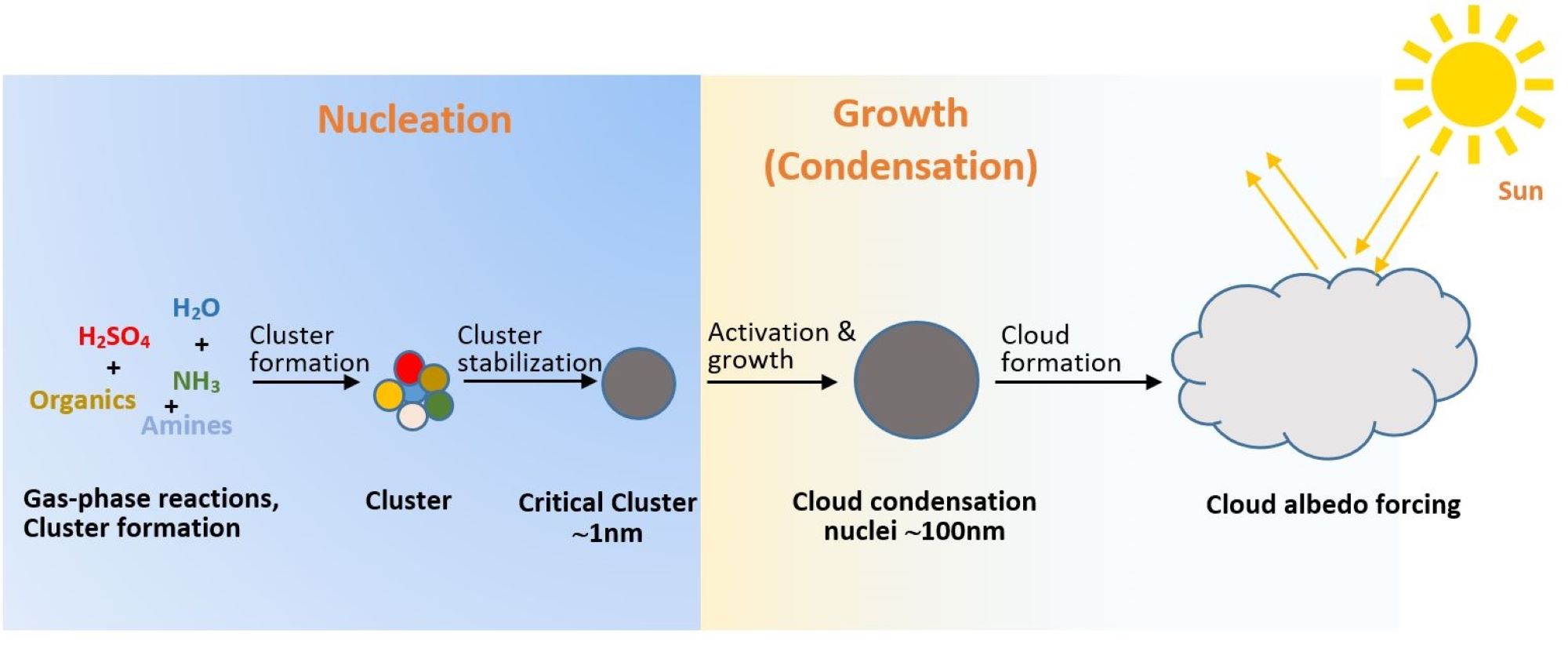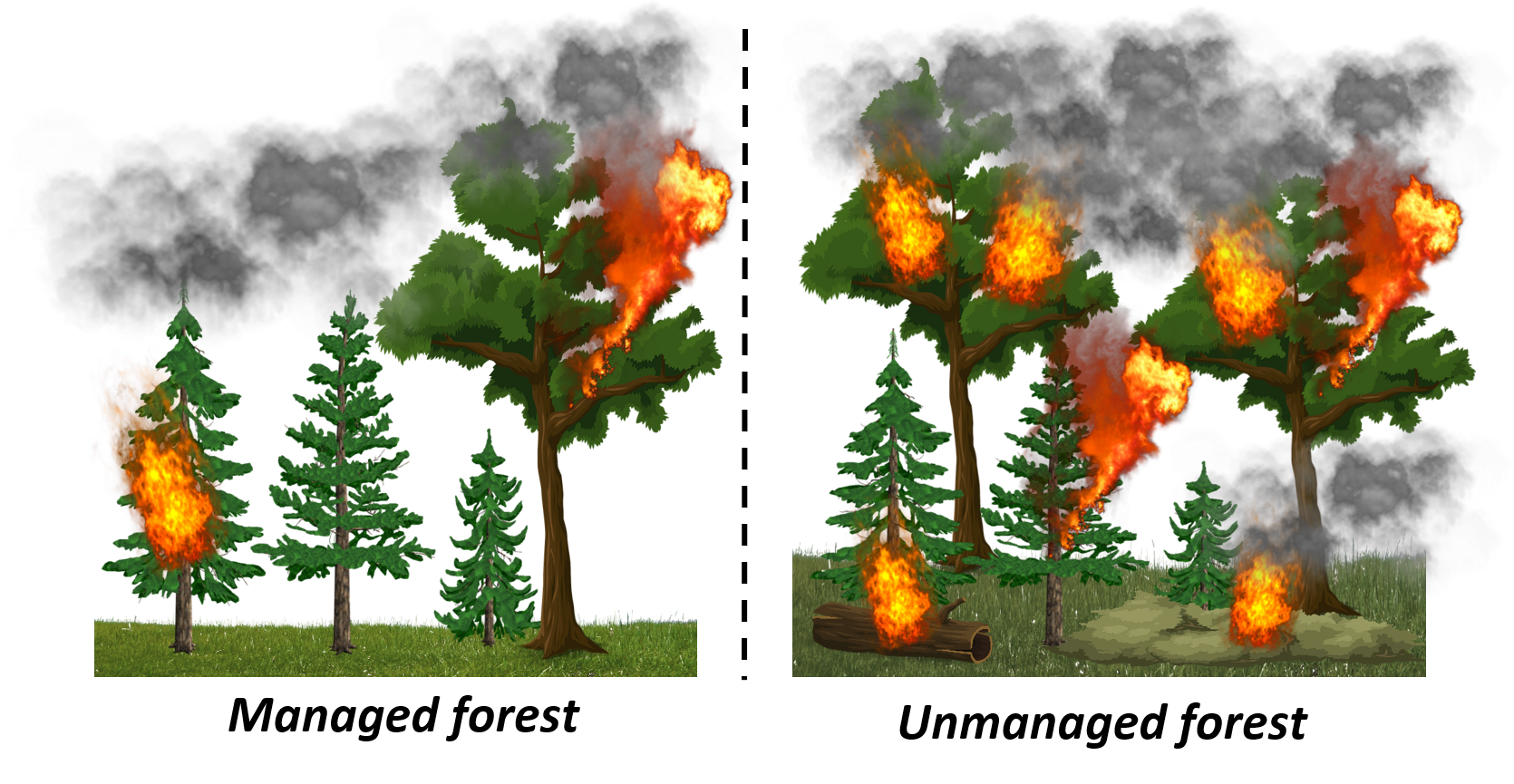Research Highlights


Increased organic nitrogen, such as amino acids and amides, in aerosol particles and their subsequent deposition into the environment perturbs the global nitrogen cycle. Changes in the nitrogen cycles has been linked to ocean acidification, forest decline, and increase in vector-born human illness. We are exploring the sources of organic nitrogen compounds in atmosphere and studying their subsequent reactions with other atmospherically relevant compounds in order to better understand the the impacts of increased organic nitrogen deposition on the environment.
The Jen Research Lab is part of the Center for Atmospheric Particle Studies (CAPS) at Carnegie Mellon University which focuses on developing a holistic approach to characterize atmospheric nanoparticles. We examine the life cycle of aerosol particles in the atmosphere and how these particles ultimately affect air quality and the environment. Specifically, we research how gaseous compounds emitted from various sources react to form and grow aerosol particles in the atmosphere. Thus, we study particle growth pathways and develop models for aerosol particles in the atmosphere, and specialize in the design of nanoparticle sizers, counters, and chemical speciators.
We are currently recruiting undergrad, masters, and PhD students. Graduate students must apply through the Chemical Engineering Department.